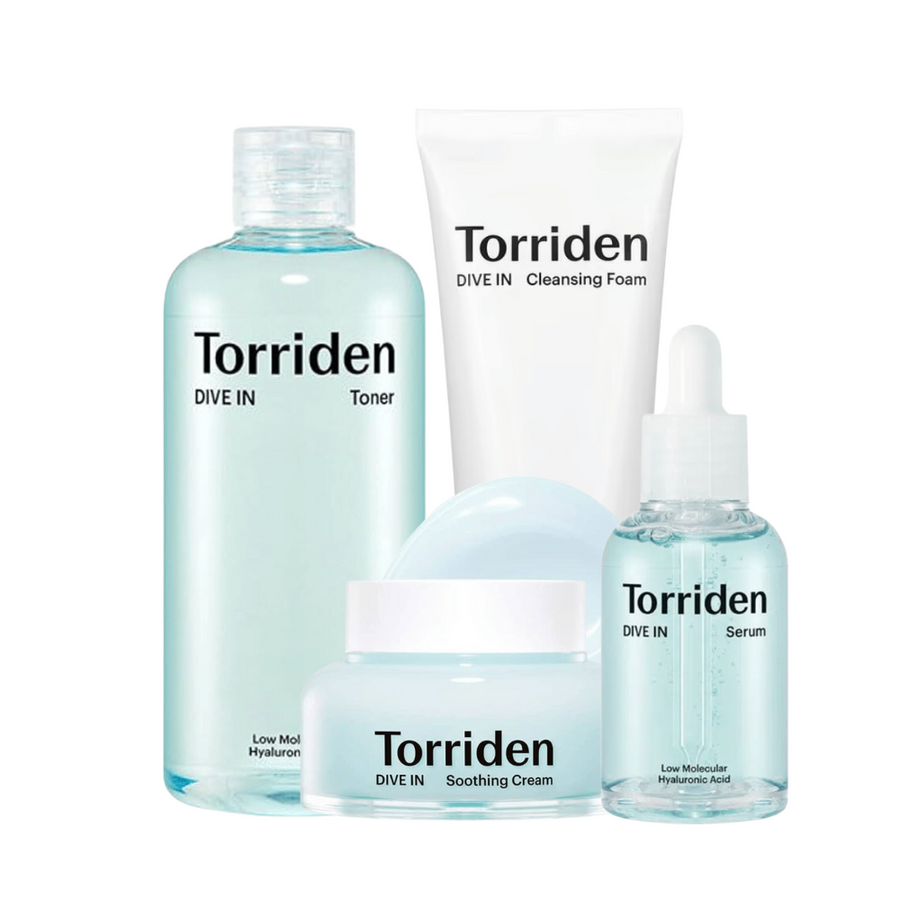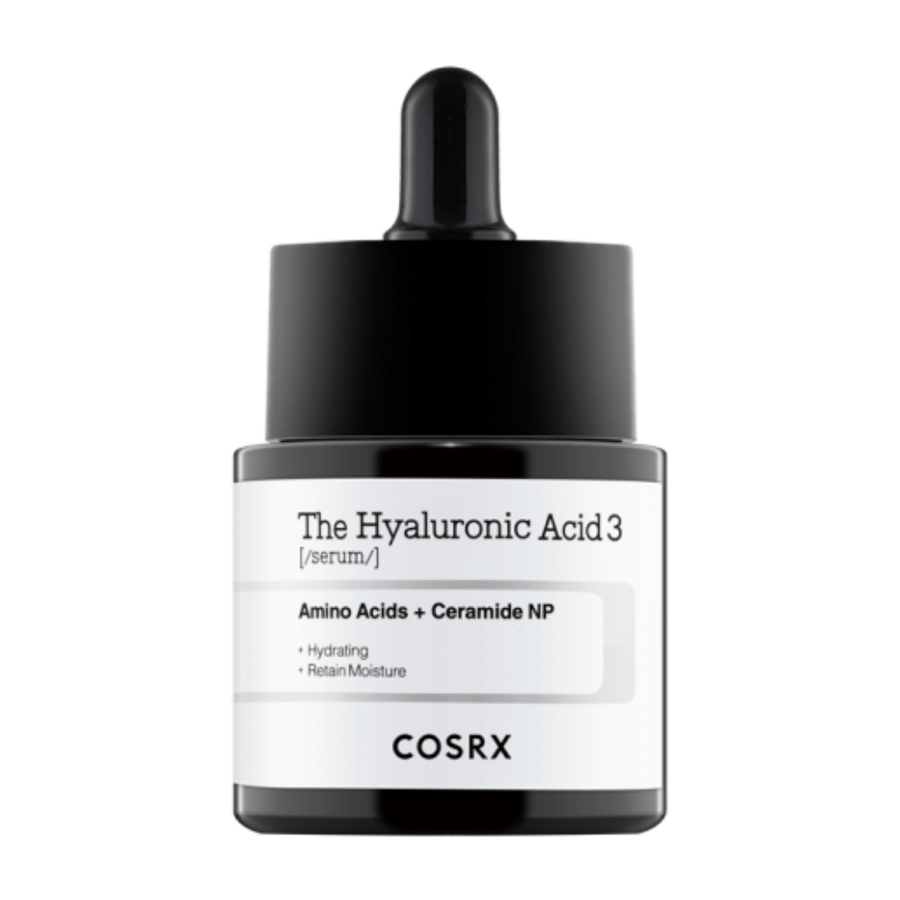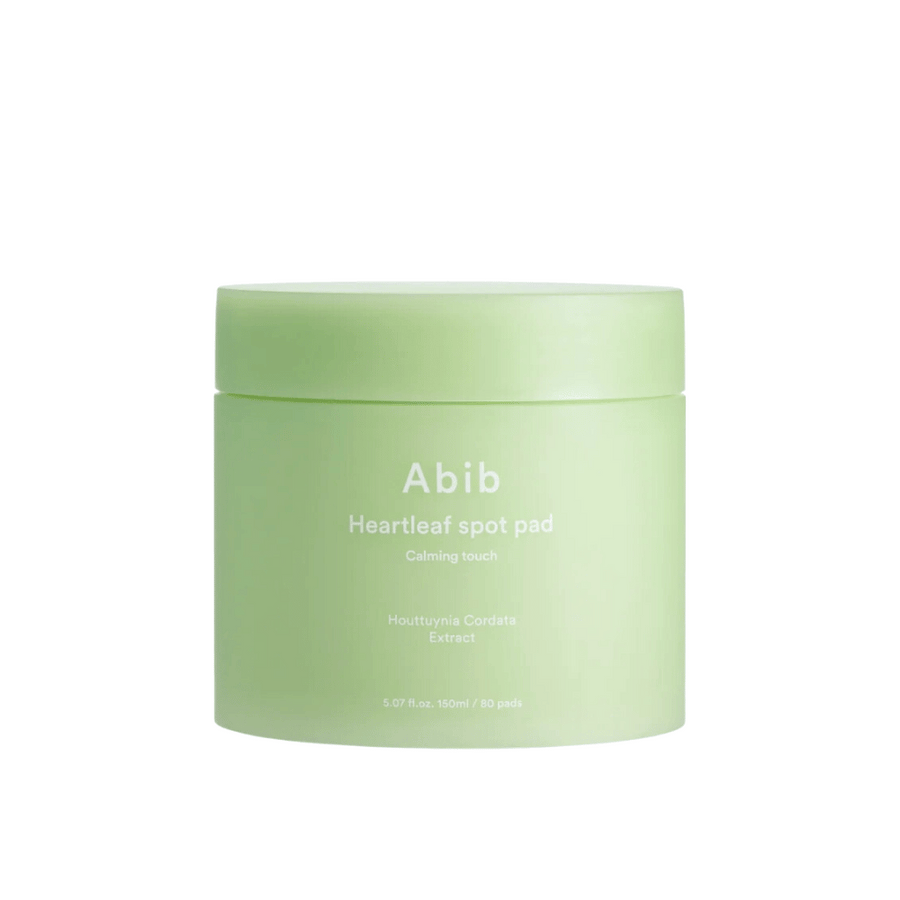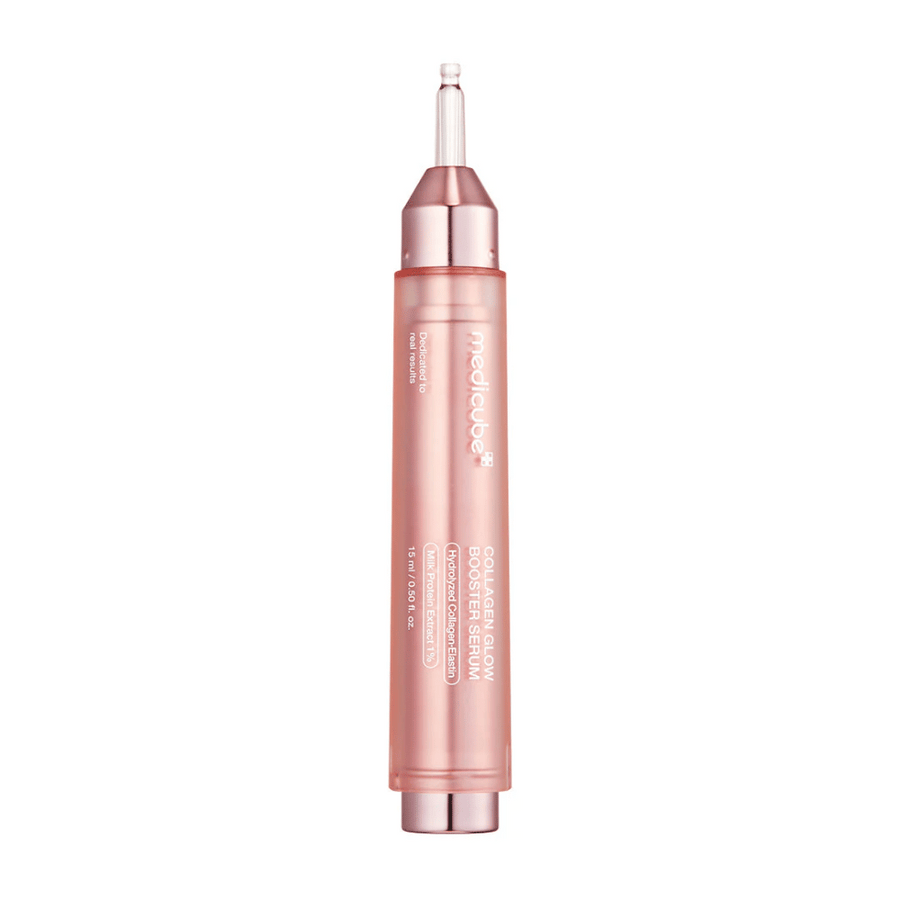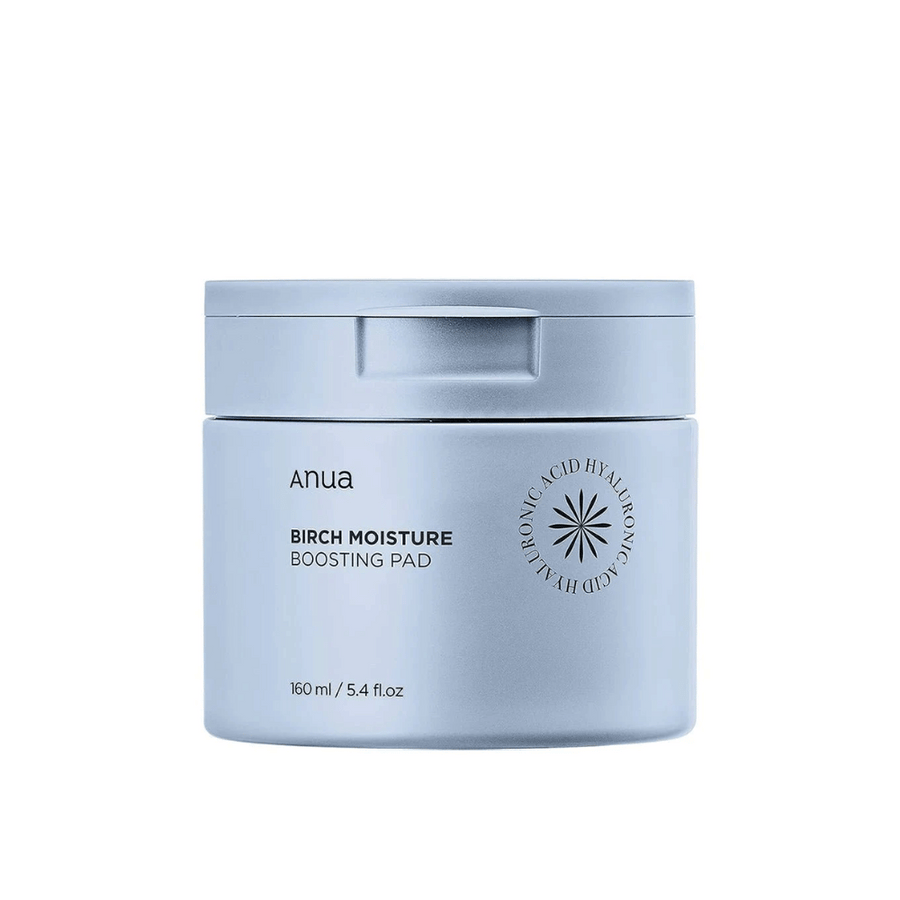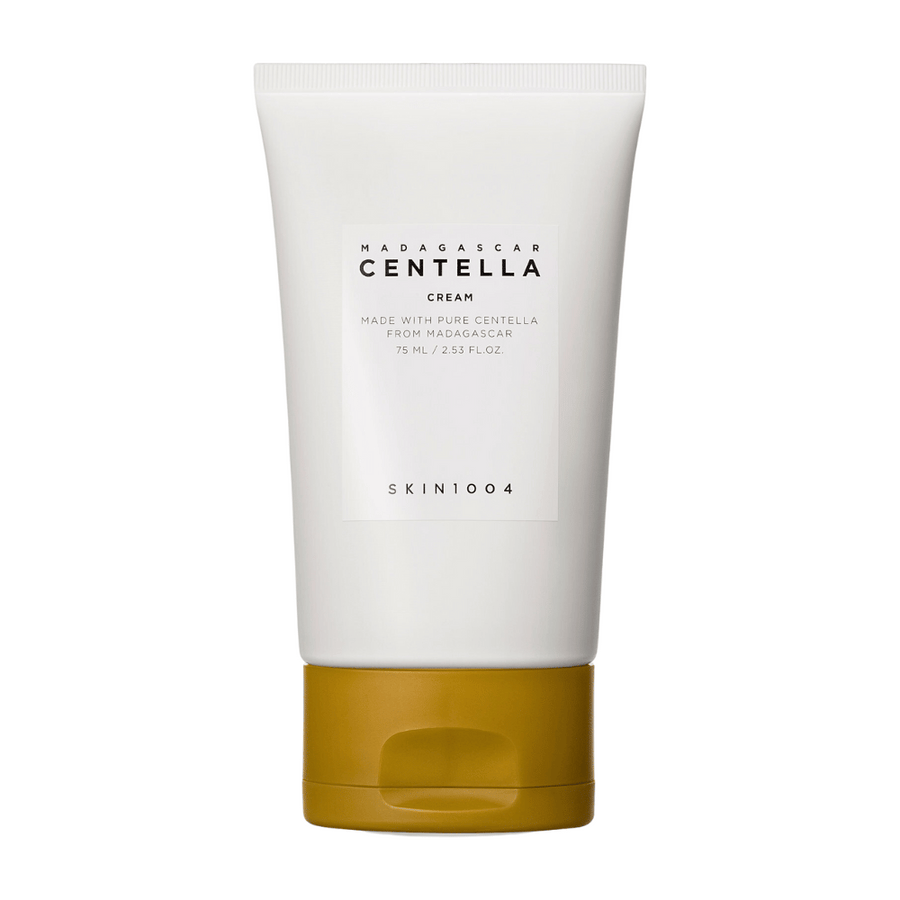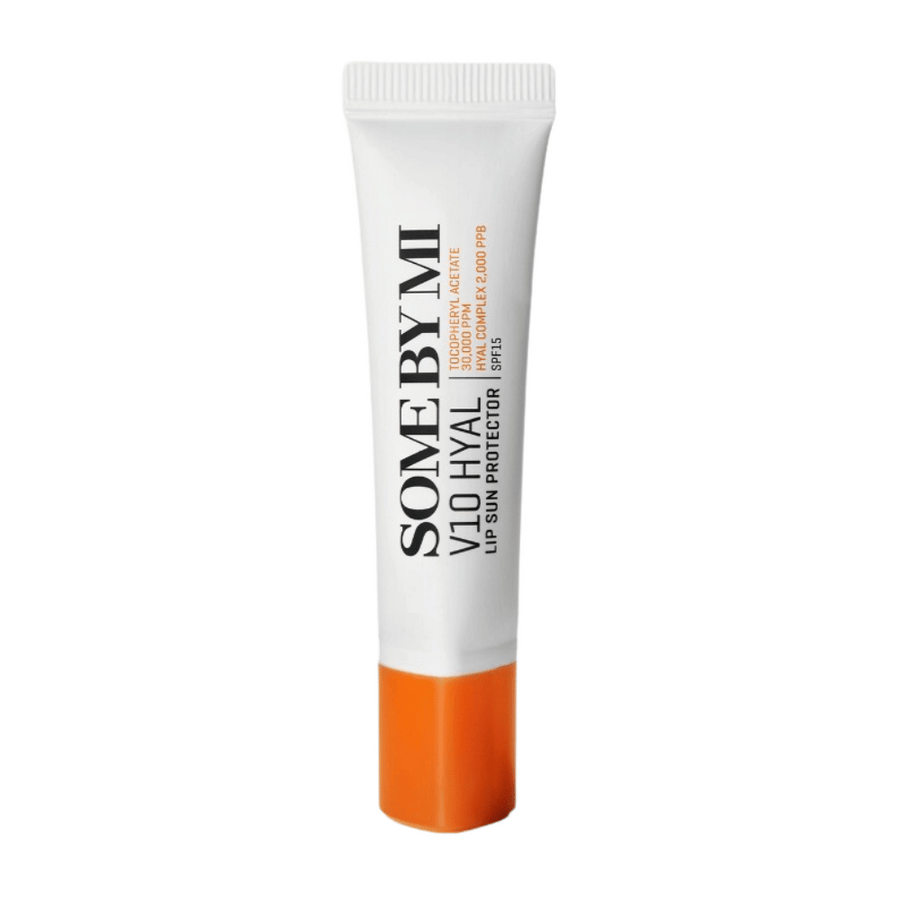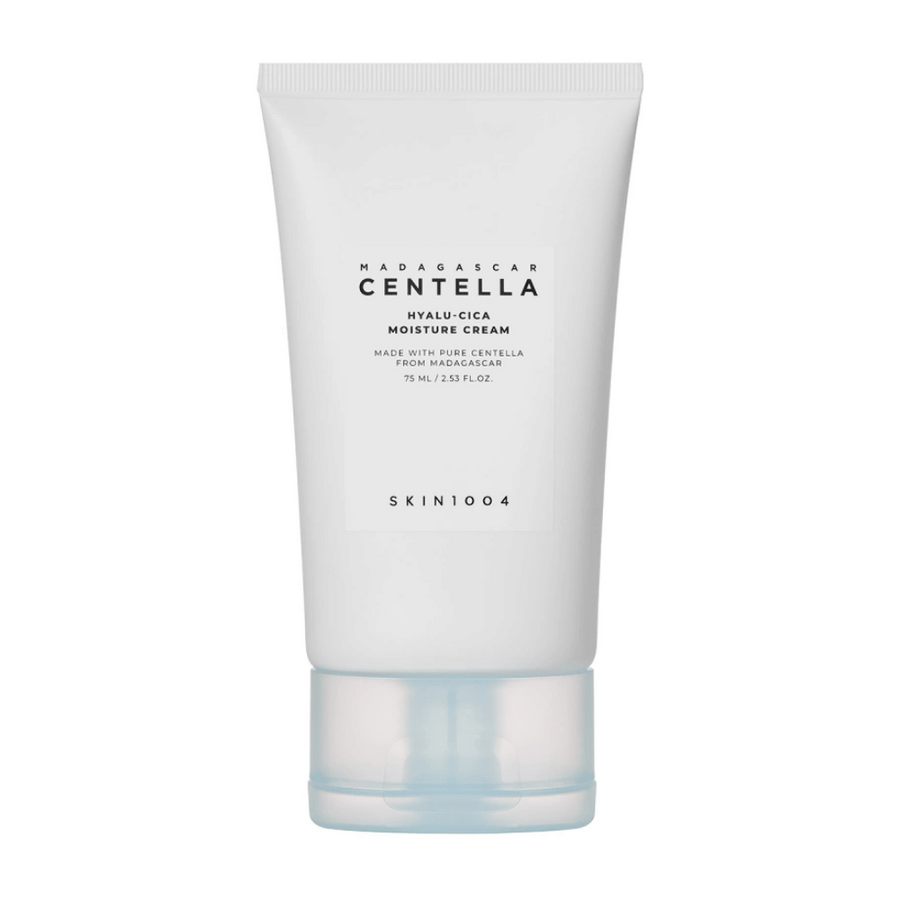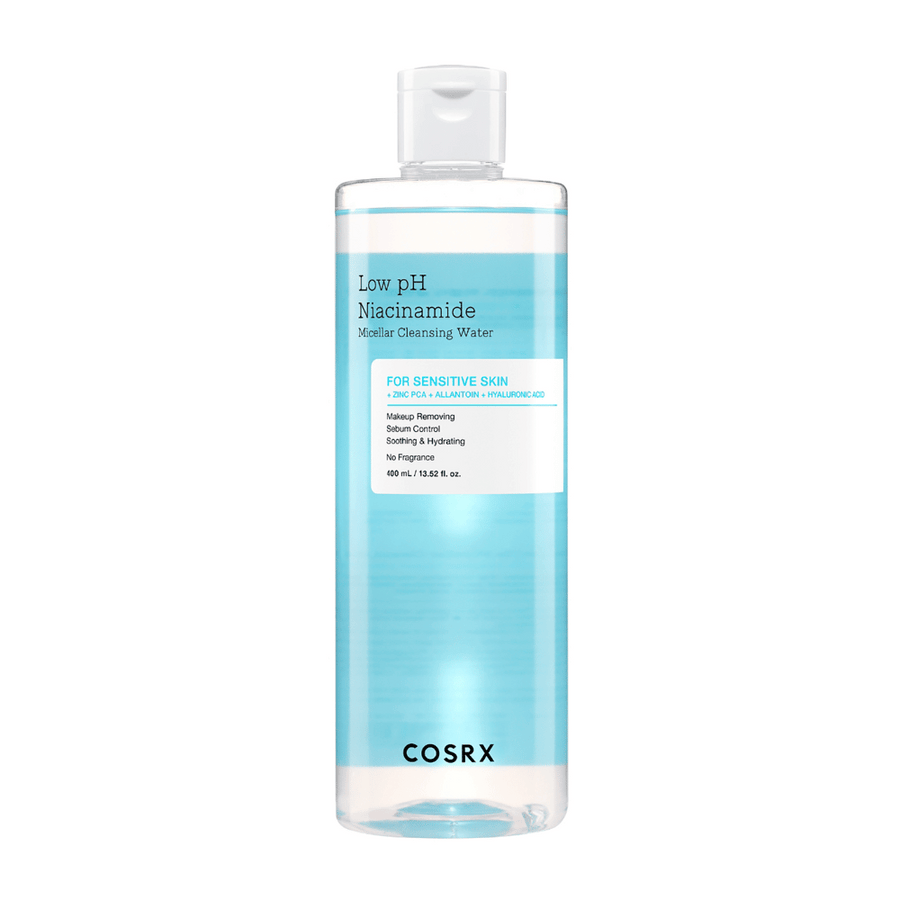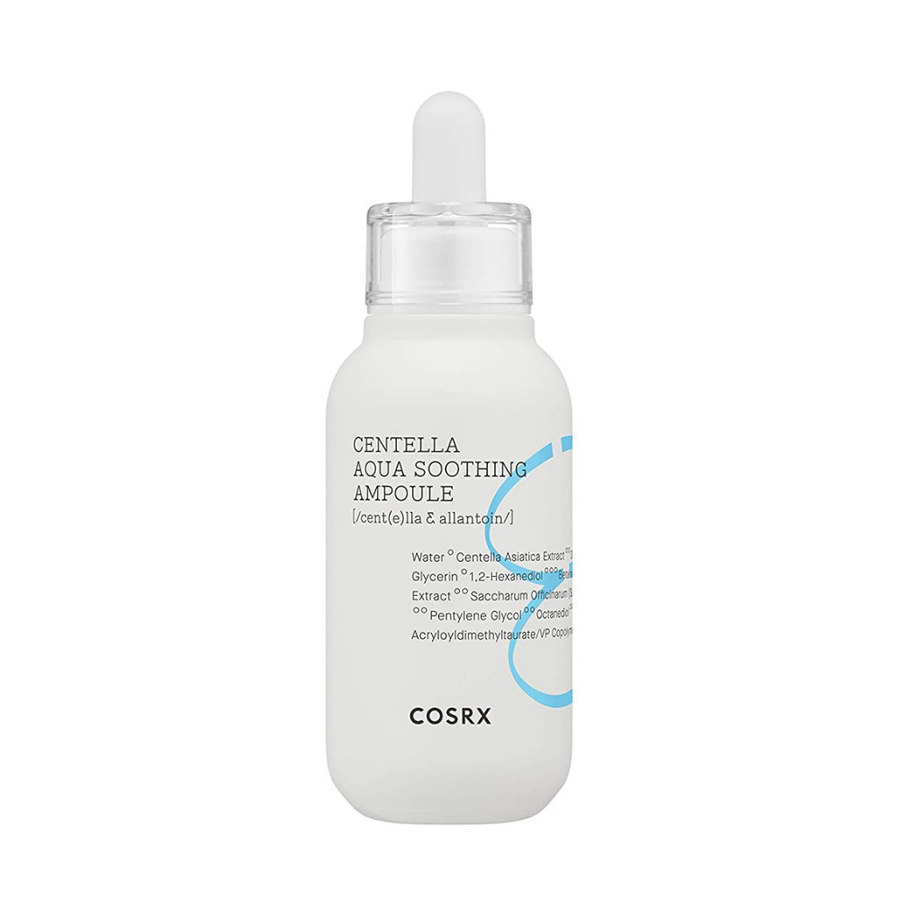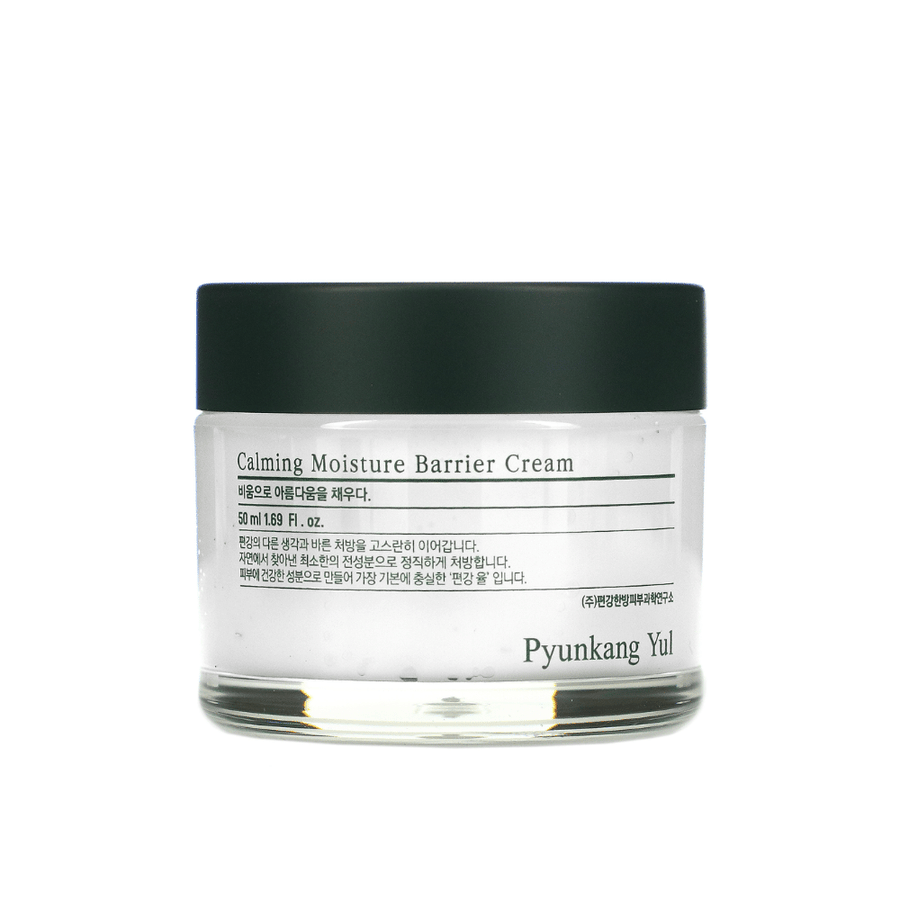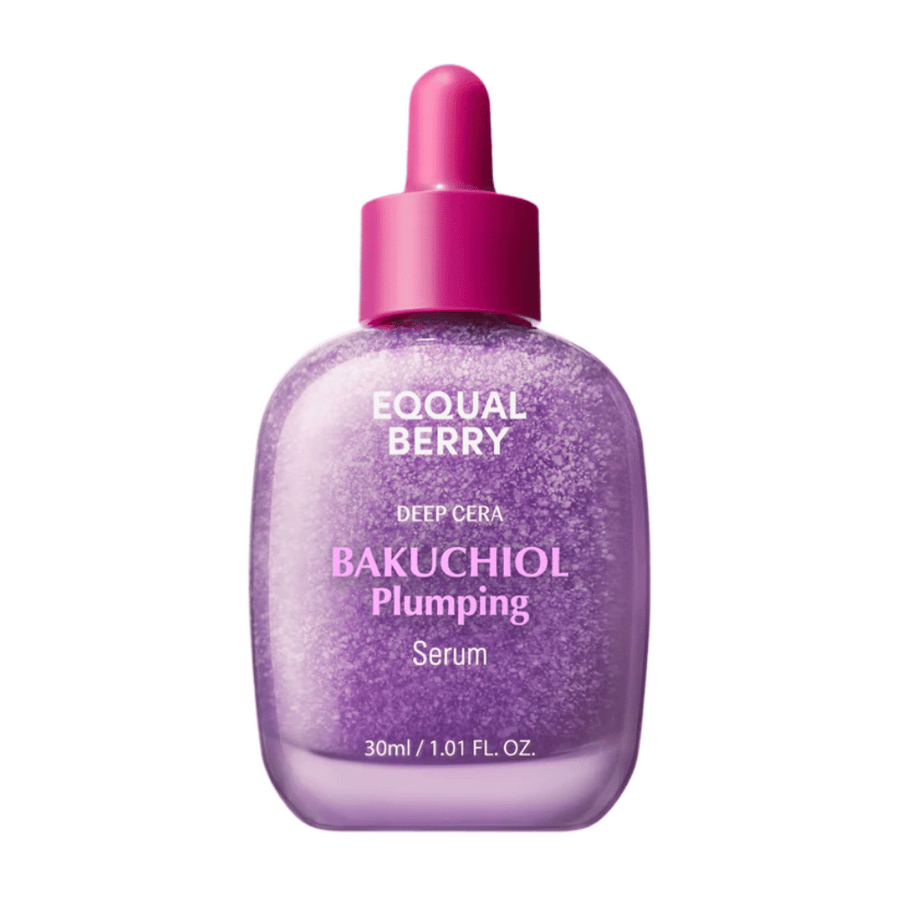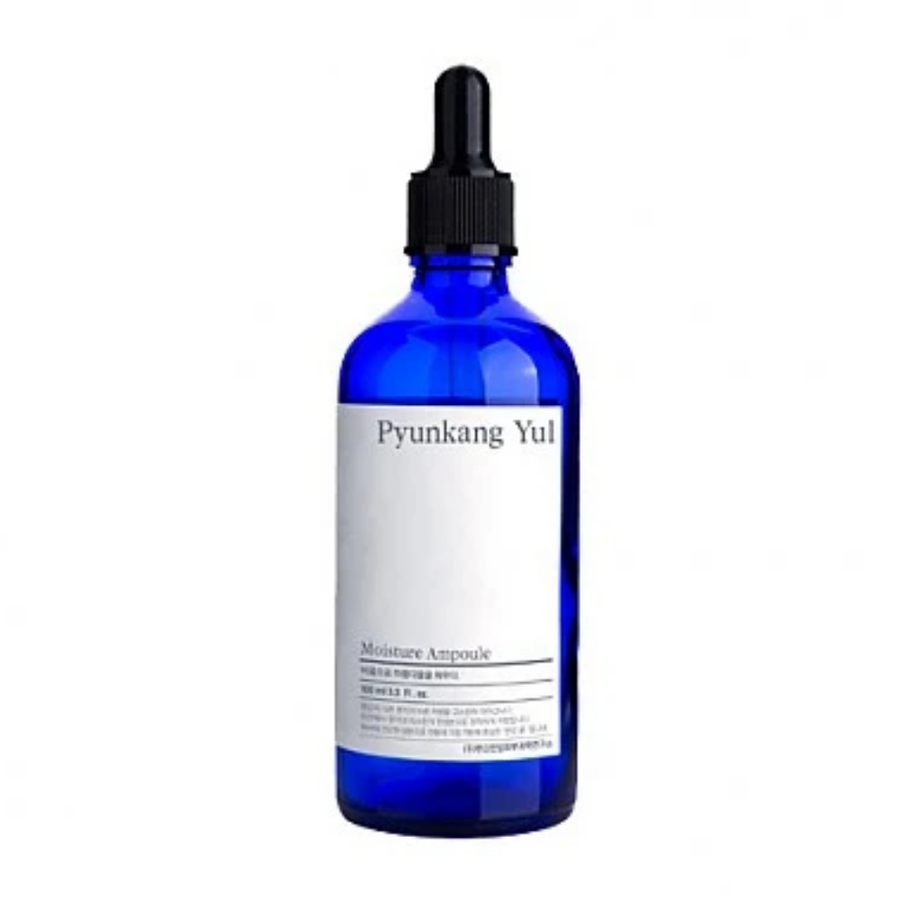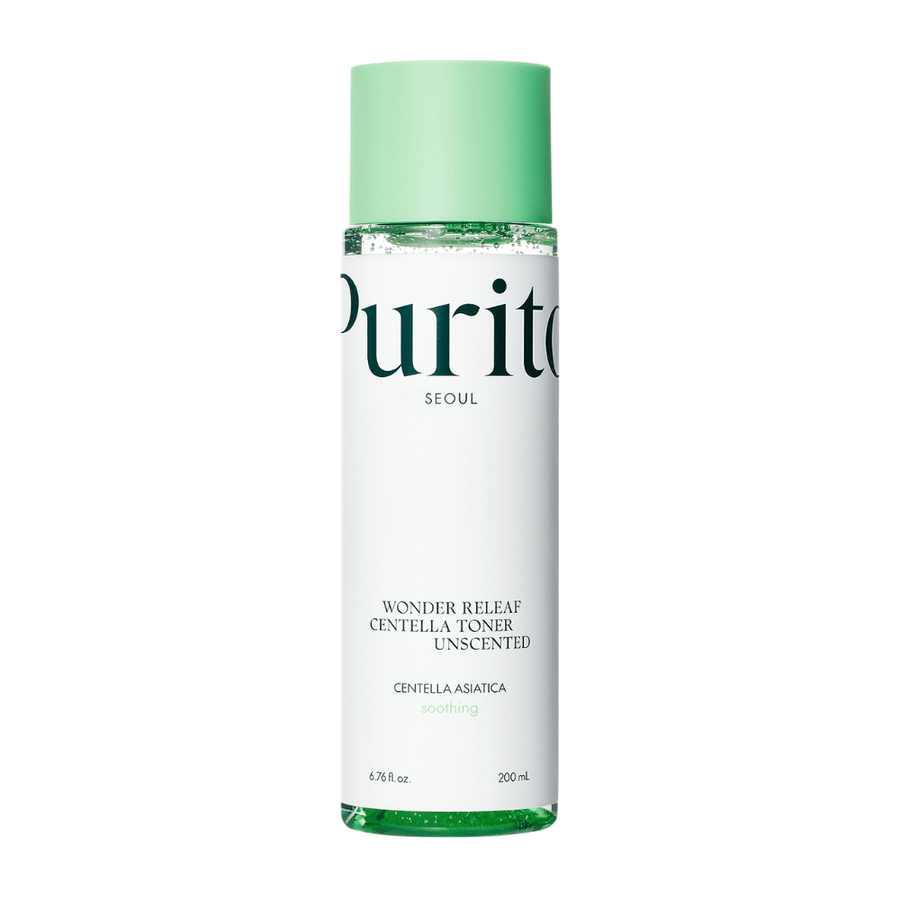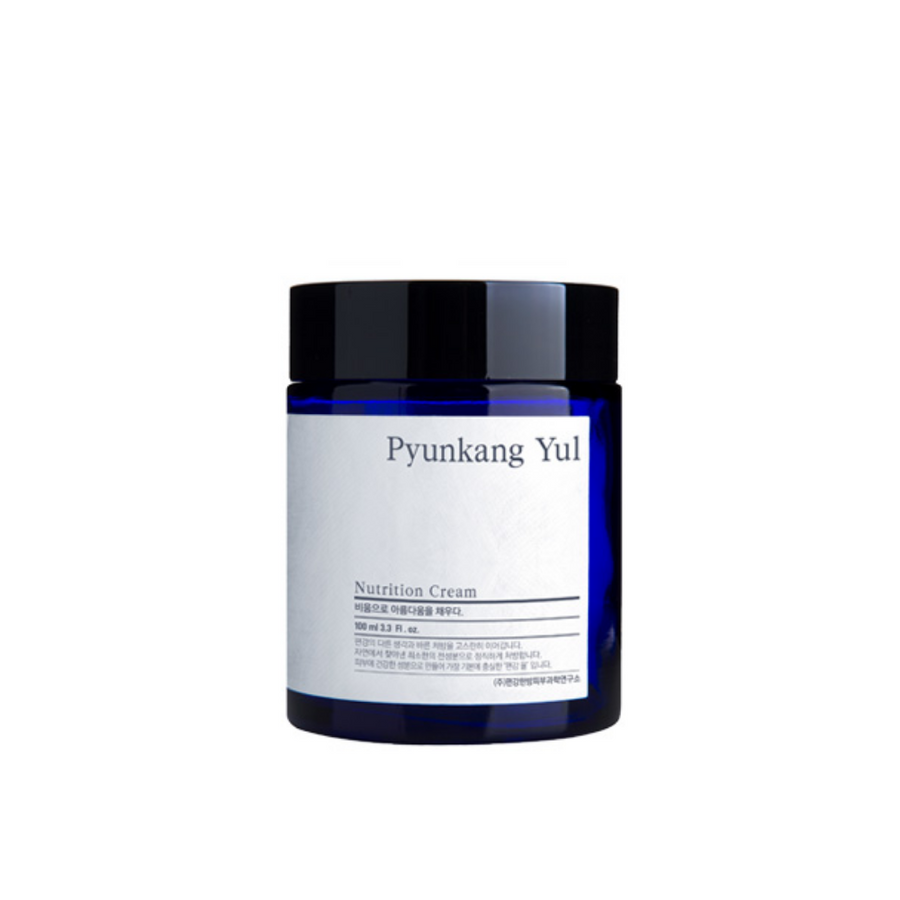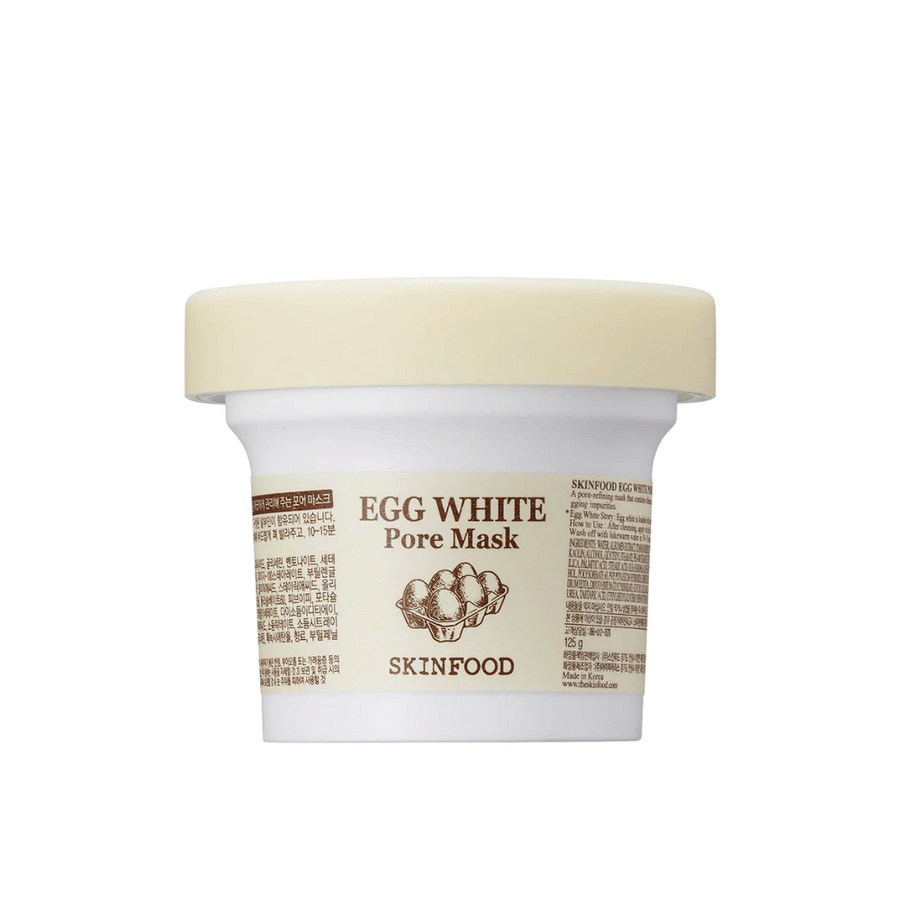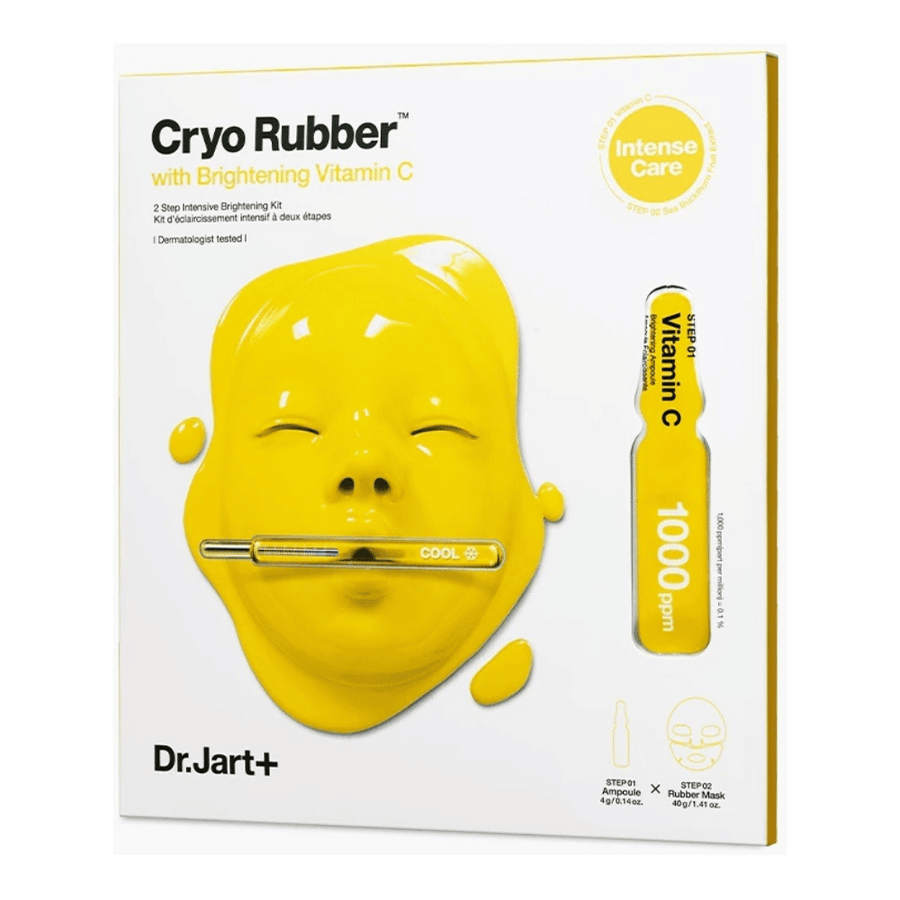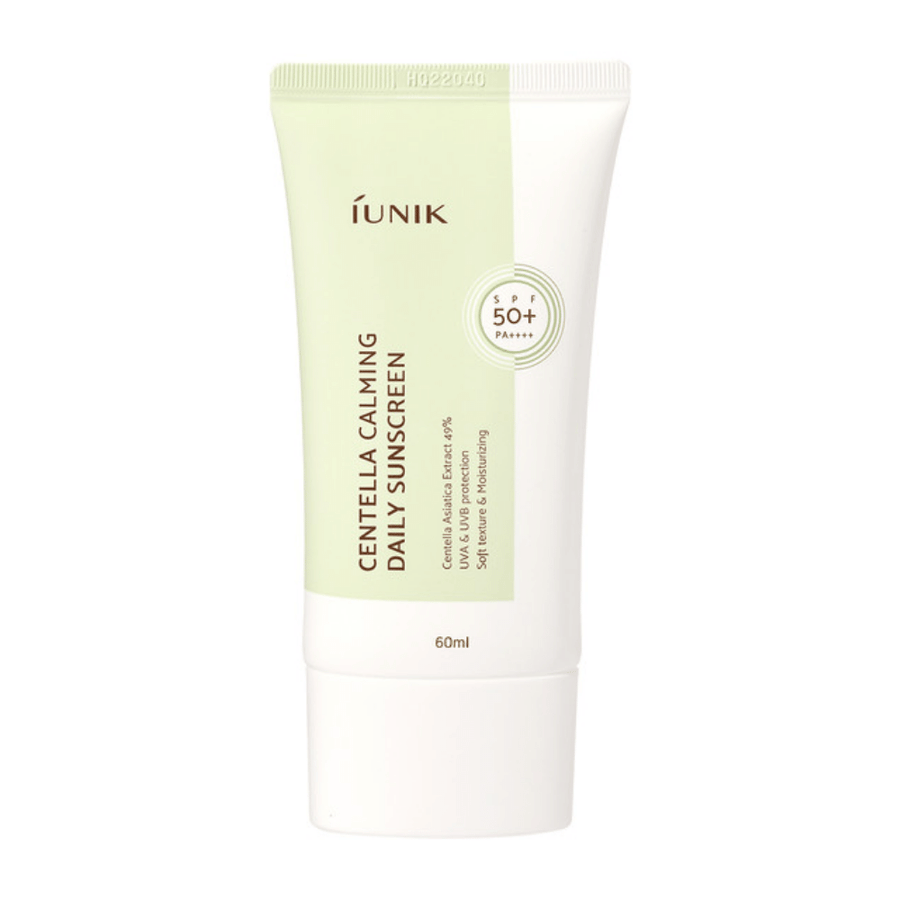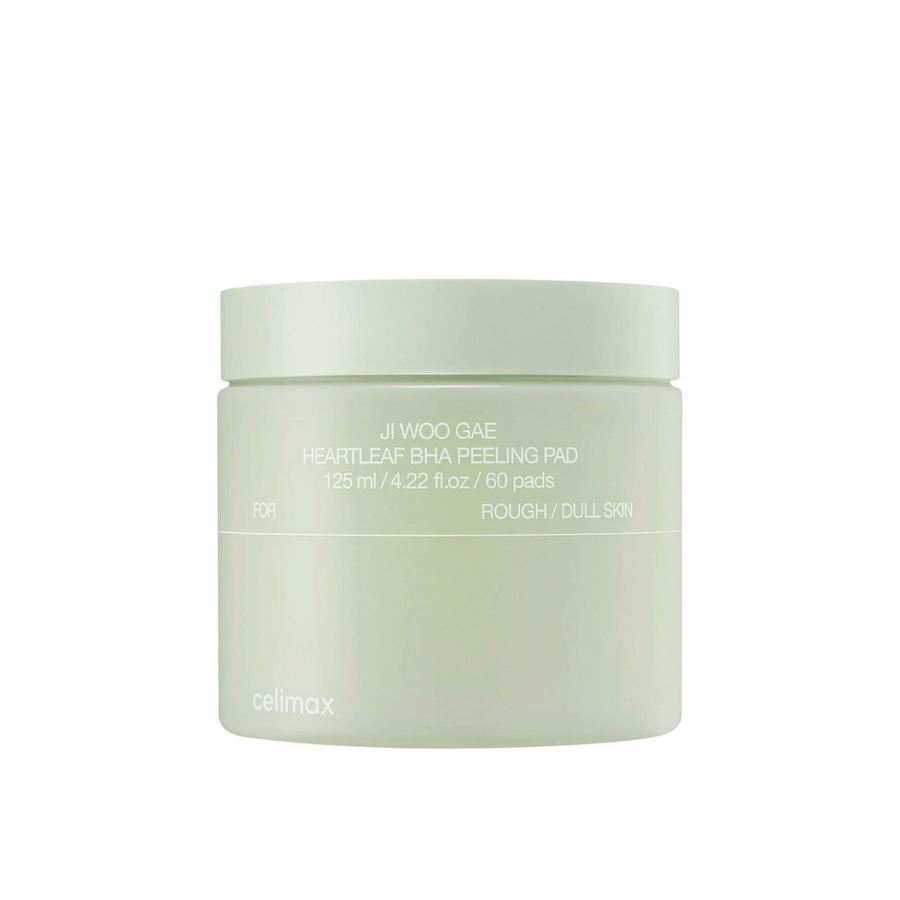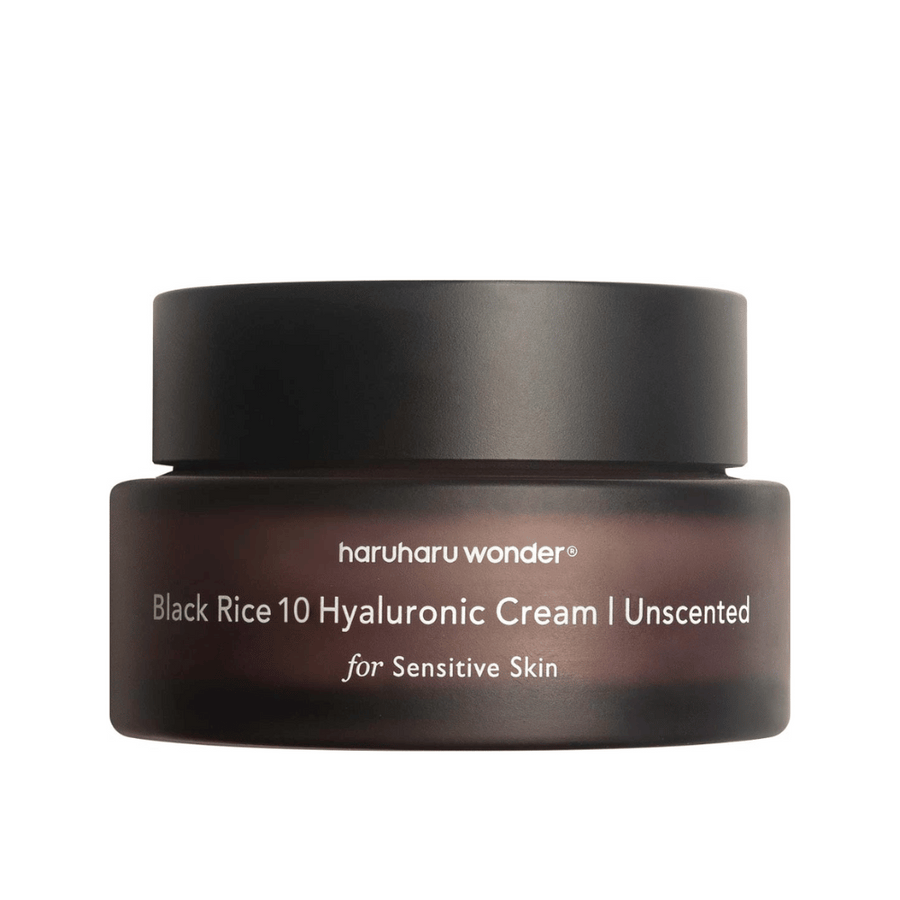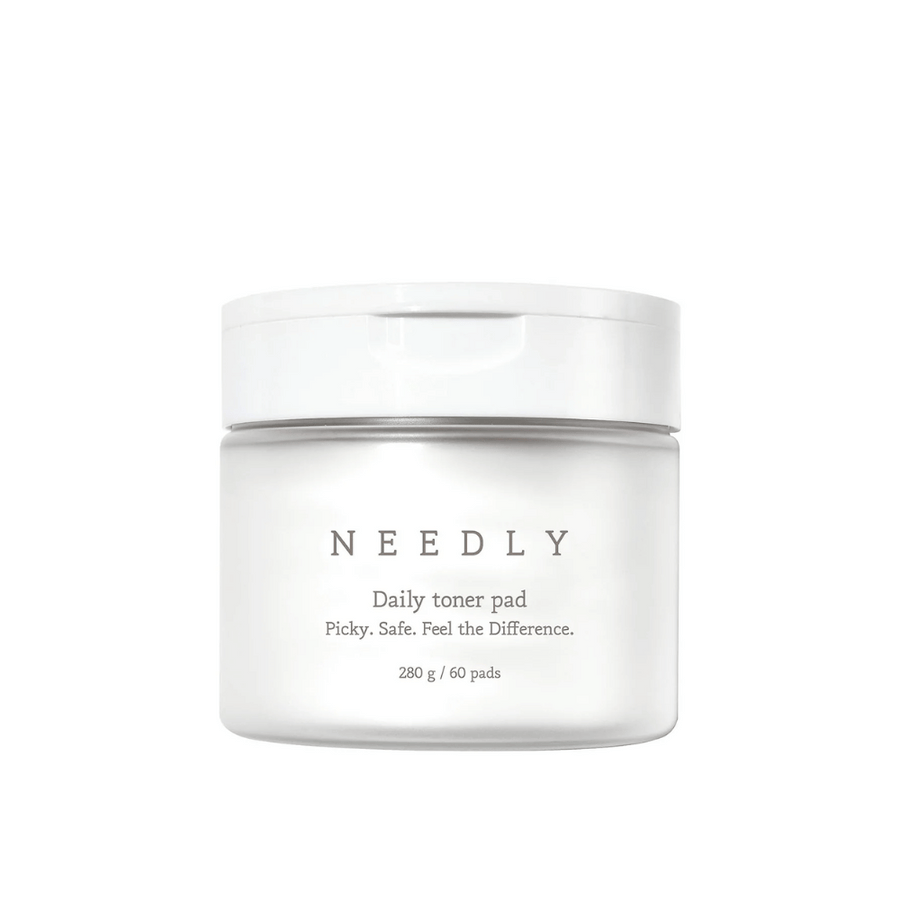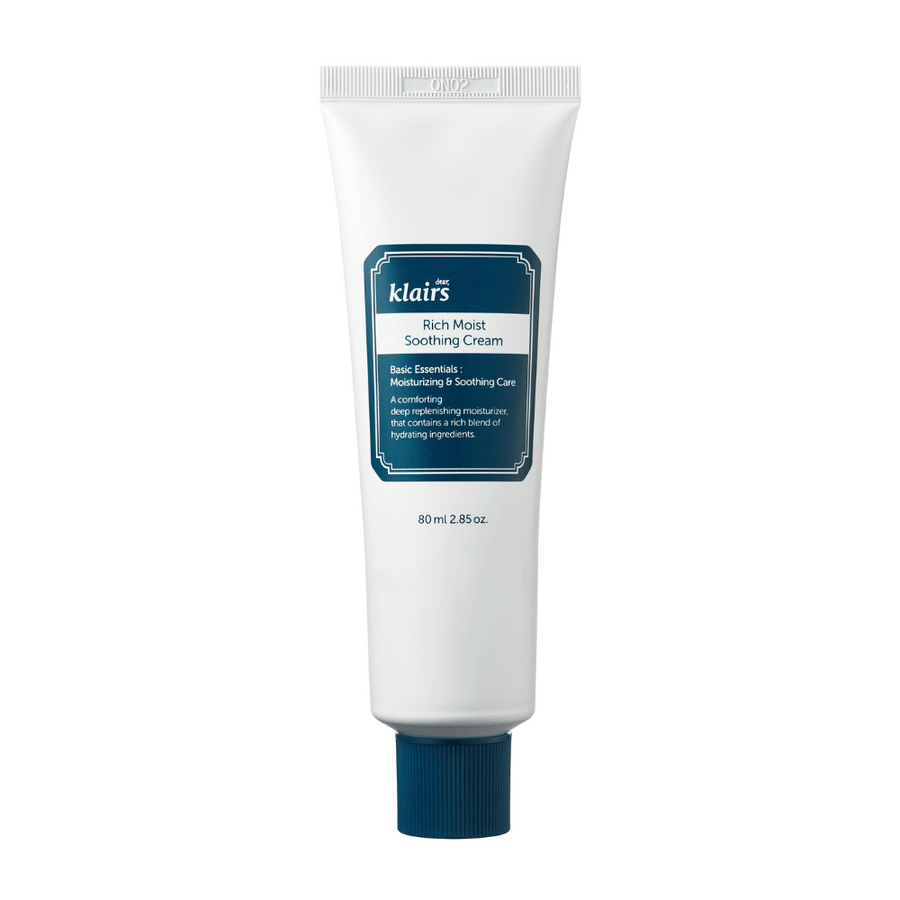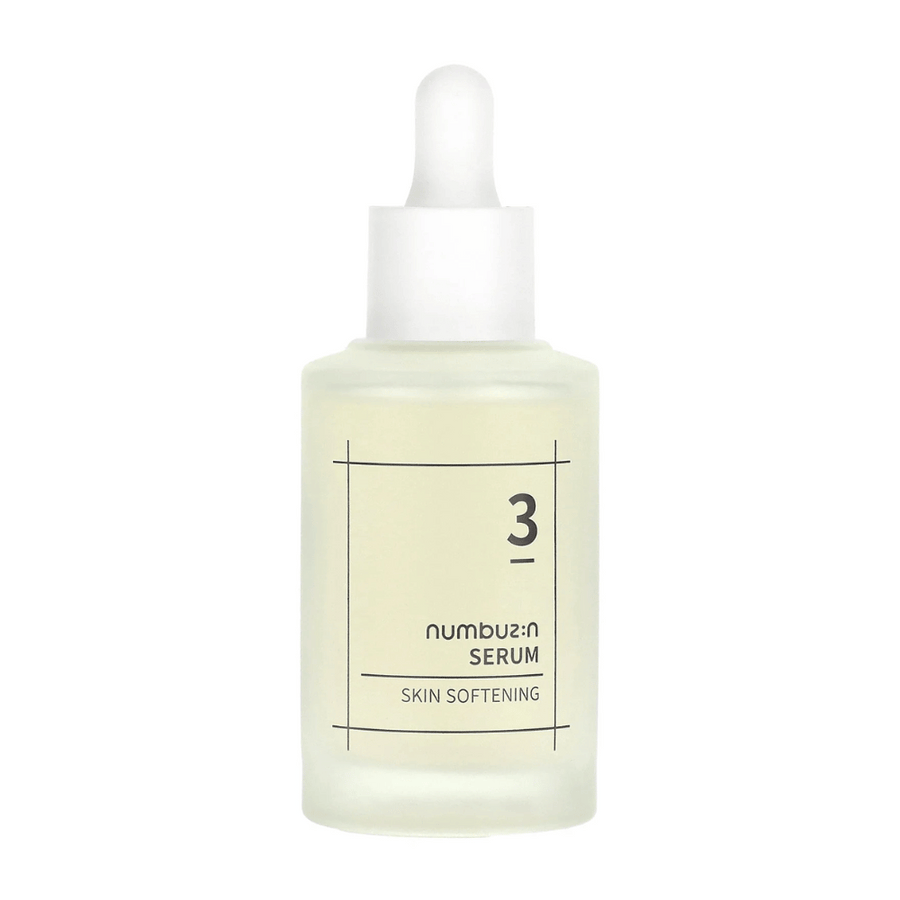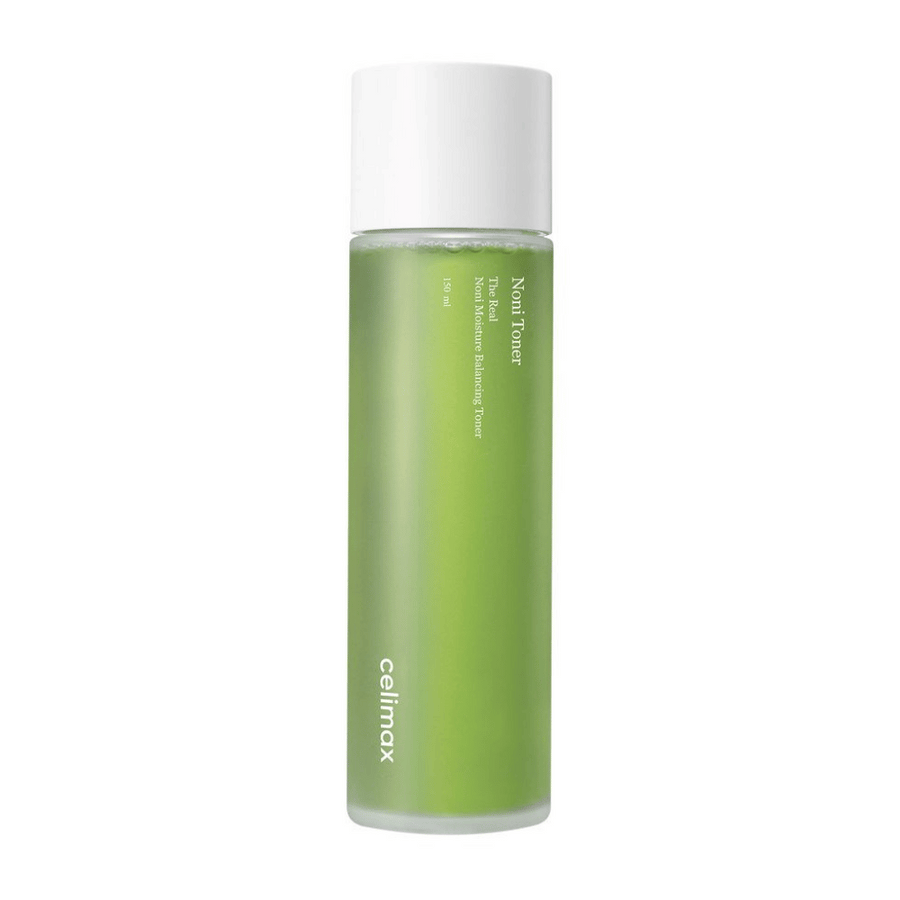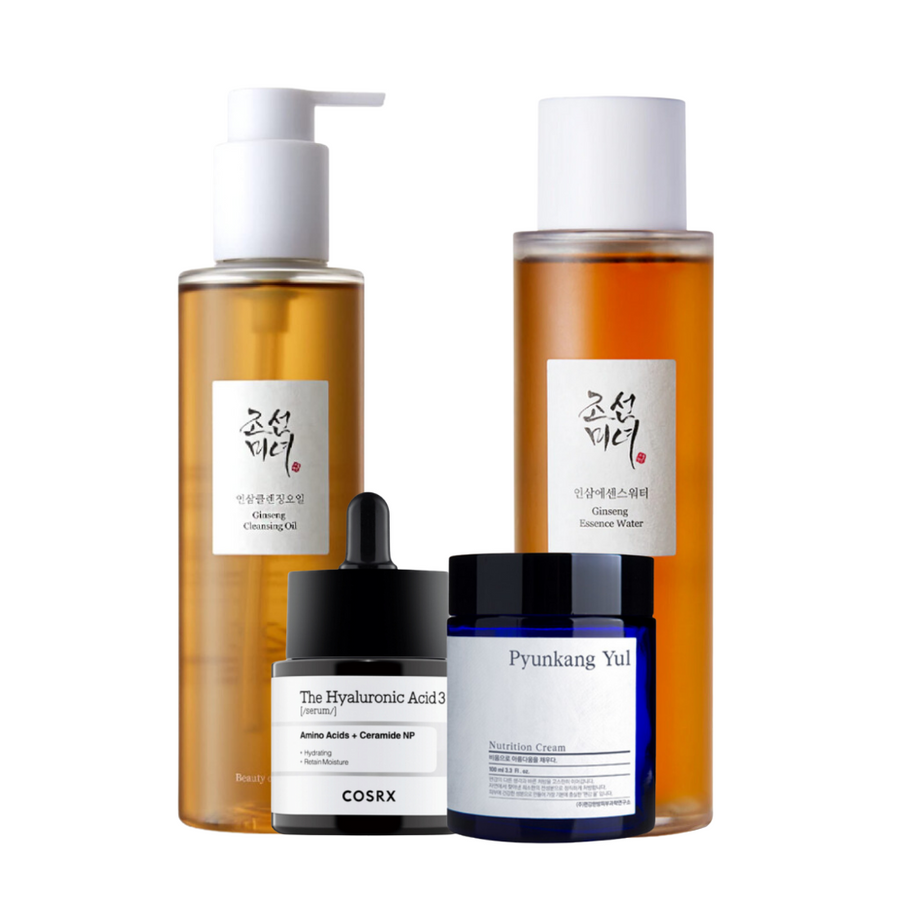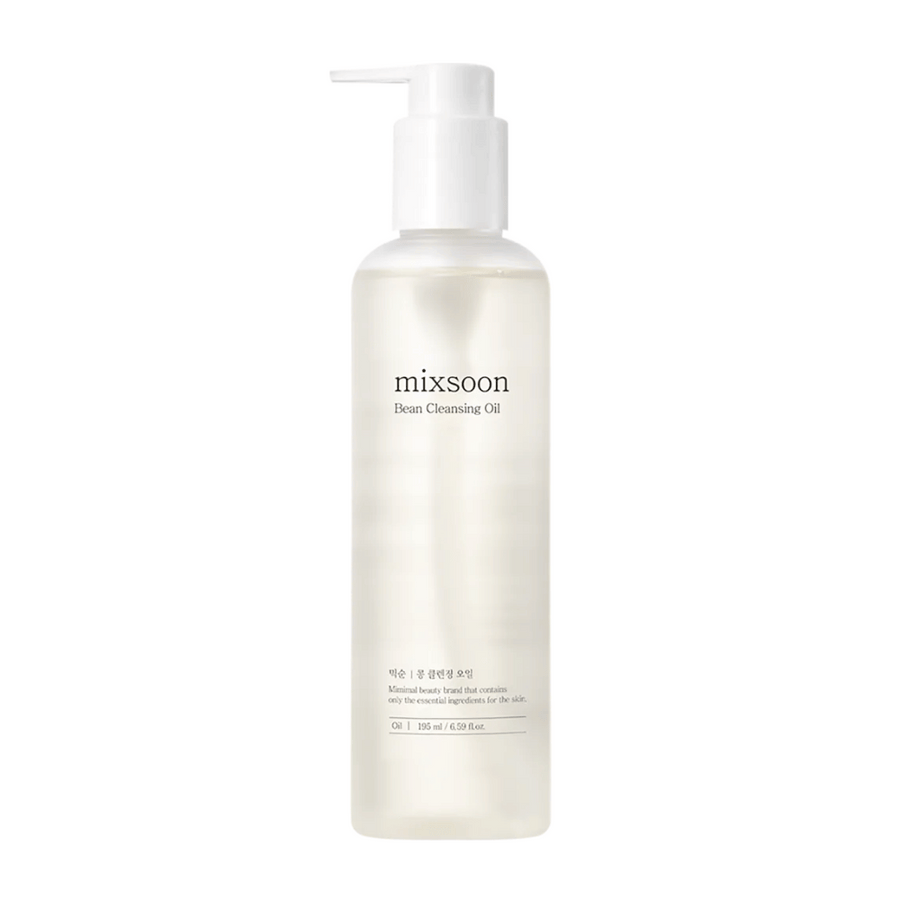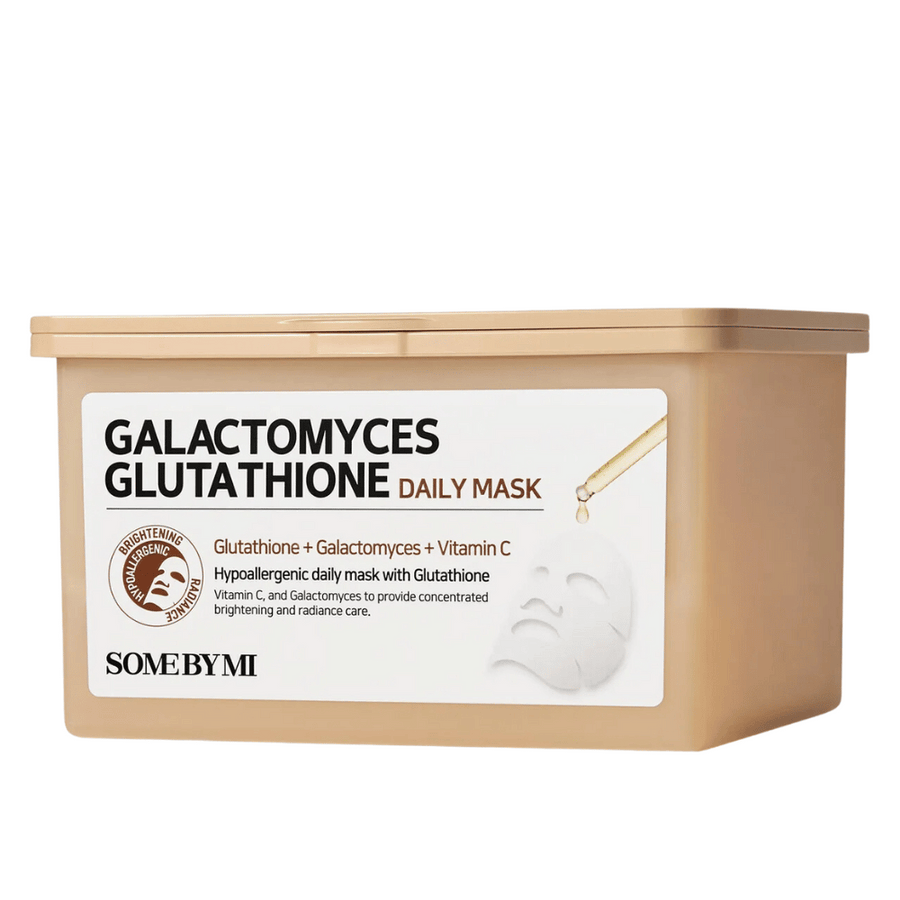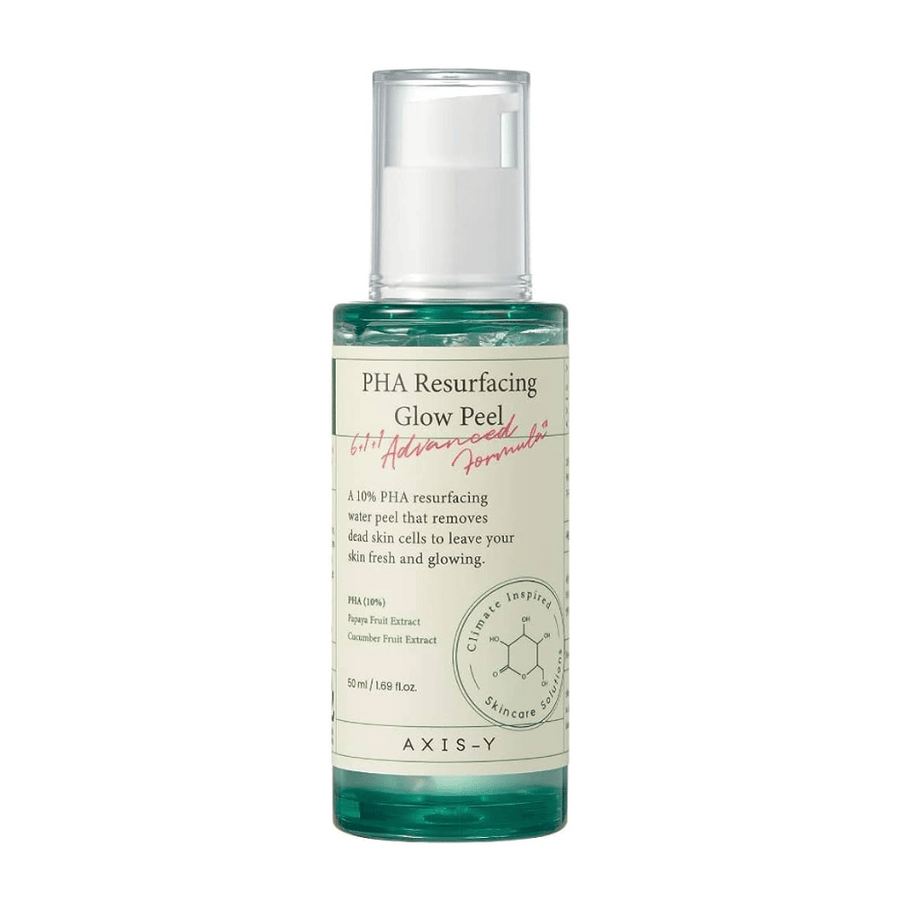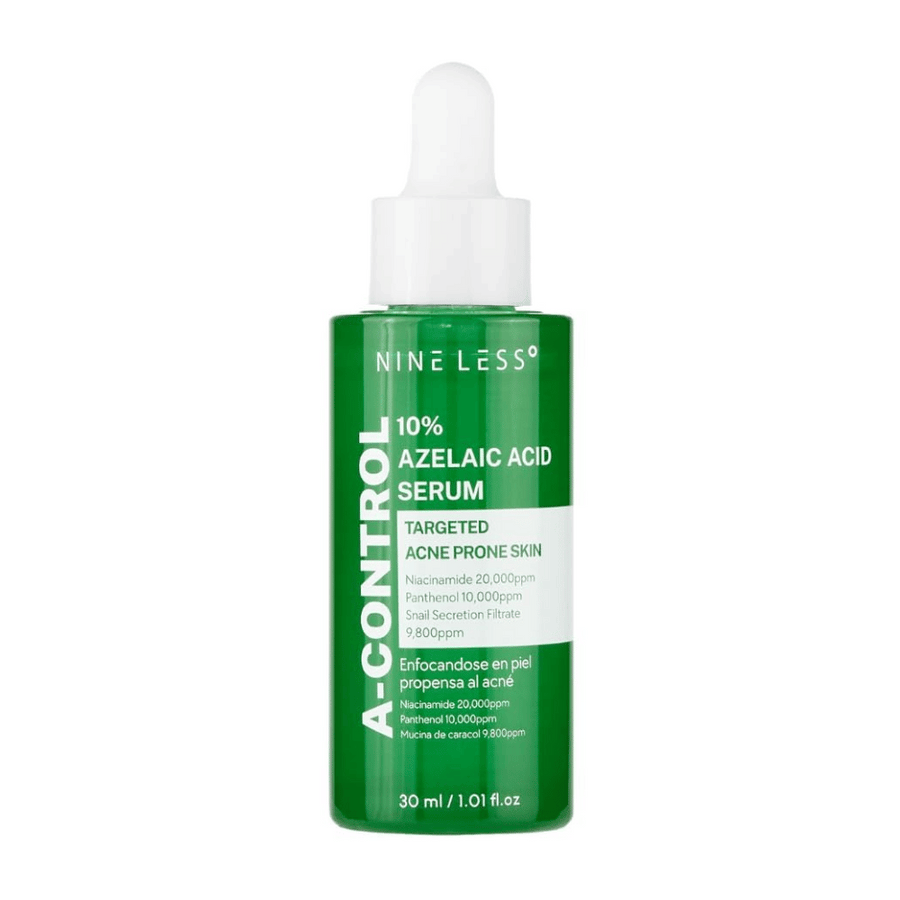
For people with dry skin, South Korean beauty products can be a lifesaver thanks to their focus on intense hydration and nourishing ingredients. Korean skincare is known for its innovative use of both traditional and modern ingredients that effectively address dryness and other skin issues.
What is dry skin?
Dry skin, also known as dry skin condition, is a state where the skin has too little moisture and oil, making it tight, flaky, and sometimes itchy. This can be exacerbated by factors such as cold and dry weather, excessive use of strong soaps or chemicals, and other irritating substances. Dry skin is more prone to redness and can become more sensitive over time.
How to treat dry skin with Korean skincare?
Korean skincare is known for its ability to deeply hydrate and nourish the skin through multiple steps aimed at restoring and protecting the skin's natural barrier.
Morning Routine:
- Cleansing: Start with an oil-based cleanser to gently remove makeup and sunscreen, effectively cleansing the skin. Follow up with a water-based cleanser to further hydrate and purify the skin, contributing to a fresh and healthy complexion.
- Toner: Use a hydrating toner that not only balances the skin's pH but also optimally prepares the skin for the upcoming skincare steps. This toner helps to soften and restore the skin's natural balance.
- Essence: For a real boost of moisture and nourishment, apply an essence that is rich in snail mucin or fermented extracts. This essence penetrates deeply into the skin to hydrate from within while strengthening the skin's natural barrier.
- Serum/Ampoule: Choose a serum or an ampoule that contains ingredients like hyaluronic acid, niacinamide, or propolis to intensely hydrate and improve skin texture. These powerful ingredients work together to give the skin a smoother and more radiant finish.
- Moisturizer: Finish your skincare routine with a nourishing moisturizer that is enriched with ingredients like shea butter, squalane or ceramides to provide the skin with the moisture and nourishment it needs. This cream helps to maintain the skin's elasticity and softness.
- Sunscreen: Last but not least, apply a hydrating sunscreen with SPF 30 or higher to protect your skin from harmful UV rays. This sunscreen not only provides effective sun protection but also helps to maintain the skin's moisture balance throughout the day.
Evening Routine:
Repeat the steps of the morning routine but also include:
- Exfoliation: For soft and smooth skin, it is recommended to use a gentle exfoliating product with lactic acid or fruit enzymes 1-2 times a week. the week to gently remove dead skin cells and promote the skin's natural renewal process.
- Sheet mask: For extra moisture and care, you can integrate a moisturizing Sheet mask into your routine a few times a week. This mask gives the skin a proper moisture boost and can help restore the skin's balance.
- Eye cream: To counteract dryness and maintain the skin's elasticity around the eye area, it is important to apply a moisturizing eye cream daily. This cream helps reduce visible signs of fatigue and keeps the skin soft and supple.
- Night cream/Sleep mask: For intense hydration and nourishment, you can use a richer night cream or a moisturizing sleep mask a few times a week. These products provide extra care for the skin overnight and help restore the skin's elasticity and glow.
How can you prevent dry skin?
To avoid dry skin, make sure your skincare routine is tailored. Use gentle, moisturizing cleansing products and avoid those that contain a lot of alcohol or other drying agents. Don't forget to regularly moisturize your skin with hydrating creams, especially after bathing or showering. A humidifier at home can also help increase humidity, especially during the winter months.
What ingredients in skincare products are good for dry skin?
For people with dry skin, products containing ingredients that help both hydrate and lock in moisture in the skin are recommended. Some effective ingredients are hyaluronic acid, which attracts moisture, ceramides, which help restore the skin's barrier, and glycerin, which is a moisture binder. It is also beneficial to look for products that contain natural oils like shea butter or coconut oil, which can provide extra nourishment and protection.
How does the climate affect dry skin?
The climate plays a significant role in the development of dry skin. During the winter months when the air is cold and dry, the risk of skin becoming dry and irritated increases. Wind and low temperatures can further impair the skin's natural protective barrier. Indoor heating can also dry out the air, contributing to the problem. Therefore, it is important to adjust your skincare according to seasonal and climatic conditions.
Can age affect dry skin?
Aging affects the skin's structure and function, often leading older individuals to experience drier skin. With age, sebum production decreases, and the skin's natural moisture-retaining components, such as ceramides, become less effective. Therefore, it is important for older individuals to adjust their skincare to include richer and more nourishing products that can help compensate for this loss of natural hydration.
How can you manage dry skin in daily life?
Managing dry skin in daily life requires a combination of regular skincare and lifestyle adjustments. First and foremost, it is important to be gentle with the skin during baths and showers. Choose lukewarm water instead of hot and limit bath time to avoid further drying out the skin. Apply a moisturizer directly after the skin has been wet to lock in moisture. It is also helpful to wear clothing made from natural materials like cotton, which allows the skin to breathe and reduces irritation.
What should you avoid if you have dry skin?
There are some things and products you should avoid if you don't want to worsen your dry skin. Strong soaps and body washes with lots of sulfates can strip the skin's natural oils and exacerbate dryness. The same applies to products with alcohol, which can dry out the skin. Also make sure to avoid environments with low humidity, such as overheated or overcooled rooms, as these can cause your skin to lose moisture.
How to choose the right skincare products for dry skin?
Choosing the right skincare products is crucial for effectively managing dry skin. Look for products that are specifically labeled for dry or very dry skin. These products often contain ingredients designed to hydrate and repair the skin's barrier. It is beneficial to choose products with few ingredients to reduce the risk of irritation. Products with natural moisturizers and oils are often preferred, as they can help restore and protect the skin without causing irritation.
How can you adapt your skincare routine to different seasons?
The skin's needs change with the seasons, which is why it is important to adapt your skincare routine accordingly. During the winter months, when the air is cold and dry, it may be necessary to use richer and more nourishing products to combat dryness. In the summer, lighter lotions may be sufficient, and sunscreen becomes more important to protect the skin from UV radiation. Gently but thoroughly cleansing the skin to remove sweat and dirt without stripping away natural oils is also important during the warmer months.
For best results, remember to always adjust your skincare routine based on your specific skin type and the issues you want to address. Regular moisturizing and protection against external influences are key to maintaining skin health and radiance.





